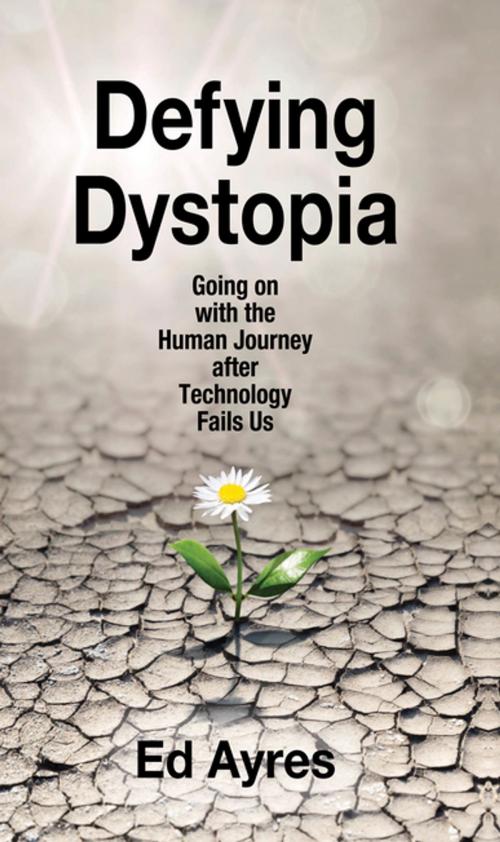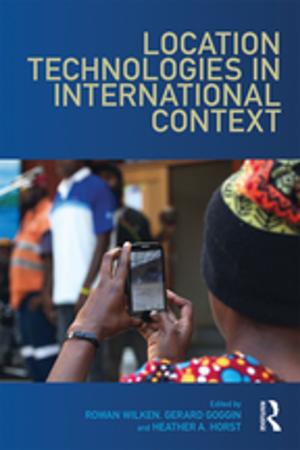Defying Dystopia
Going on with the Human Journey After Technology Fails Us
Nonfiction, Social & Cultural Studies, Social Science, Sociology| Author: | Ed Ayres | ISBN: | 9781351523110 |
| Publisher: | Taylor and Francis | Publication: | February 6, 2018 |
| Imprint: | Routledge | Language: | English |
| Author: | Ed Ayres |
| ISBN: | 9781351523110 |
| Publisher: | Taylor and Francis |
| Publication: | February 6, 2018 |
| Imprint: | Routledge |
| Language: | English |
To most, the collapse of modern civilization is the stuff of fiction. Yet, science confirms that misuse of technology and environmental abuse places our world in grave danger of ruin. The World Scientists' Warning to Humanity places our civilization on a collision course. Defying Dystopia analyses how we have come to this, and what options remain for far-seeing people to take control of their own destiny and survive the future.
Ed Ayres, who has worked with some iconic environmental scientists of the past half-century, argues that technology was originally used to augment the natural strengths of humans, but has been increasingly used in ways that weaken us—shifting from useful work to the industries of distraction, entertainment, convenience, pain-relief, and sedation. Ayres advises on how at least some of us can avoid that collision. The most critical task, for those of us who want humanity to survive and thrive, is to disengage from our tech thraldom, and shift to a conscious management of our evolution in which we use technology to enhance our skills and strengths rather than erode or supplant them.
Ayres provides insightful, actionable suggestions we can use to increase our odds of survival. He asks far-seeing individuals to take on a mission that the dominant governments and institutions demonstrably cannot: the epic task of shepherding a low-profile, resilient transition to a new kind of human future.
To most, the collapse of modern civilization is the stuff of fiction. Yet, science confirms that misuse of technology and environmental abuse places our world in grave danger of ruin. The World Scientists' Warning to Humanity places our civilization on a collision course. Defying Dystopia analyses how we have come to this, and what options remain for far-seeing people to take control of their own destiny and survive the future.
Ed Ayres, who has worked with some iconic environmental scientists of the past half-century, argues that technology was originally used to augment the natural strengths of humans, but has been increasingly used in ways that weaken us—shifting from useful work to the industries of distraction, entertainment, convenience, pain-relief, and sedation. Ayres advises on how at least some of us can avoid that collision. The most critical task, for those of us who want humanity to survive and thrive, is to disengage from our tech thraldom, and shift to a conscious management of our evolution in which we use technology to enhance our skills and strengths rather than erode or supplant them.
Ayres provides insightful, actionable suggestions we can use to increase our odds of survival. He asks far-seeing individuals to take on a mission that the dominant governments and institutions demonstrably cannot: the epic task of shepherding a low-profile, resilient transition to a new kind of human future.















